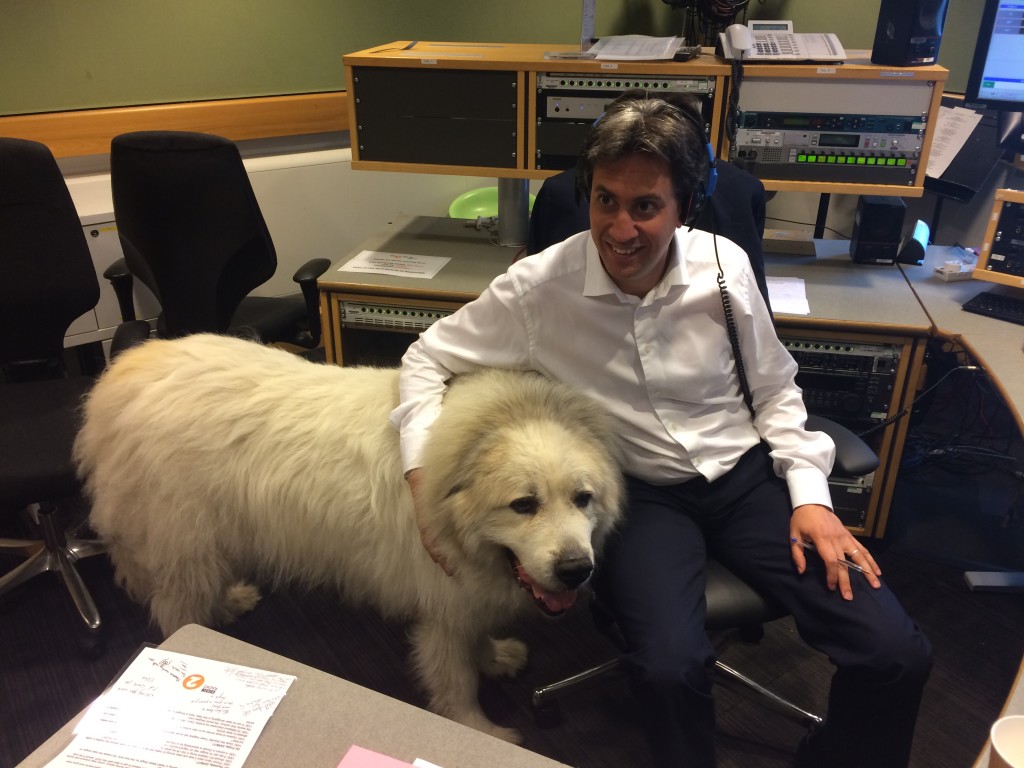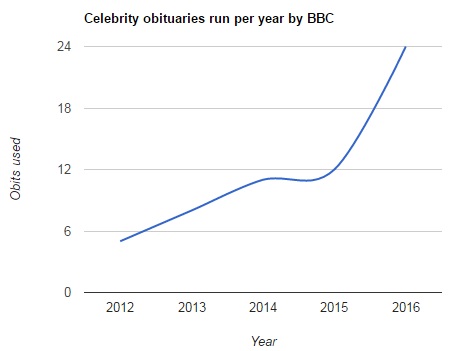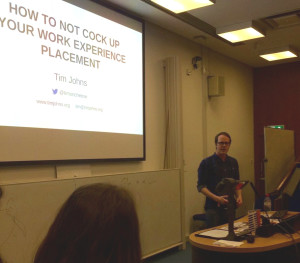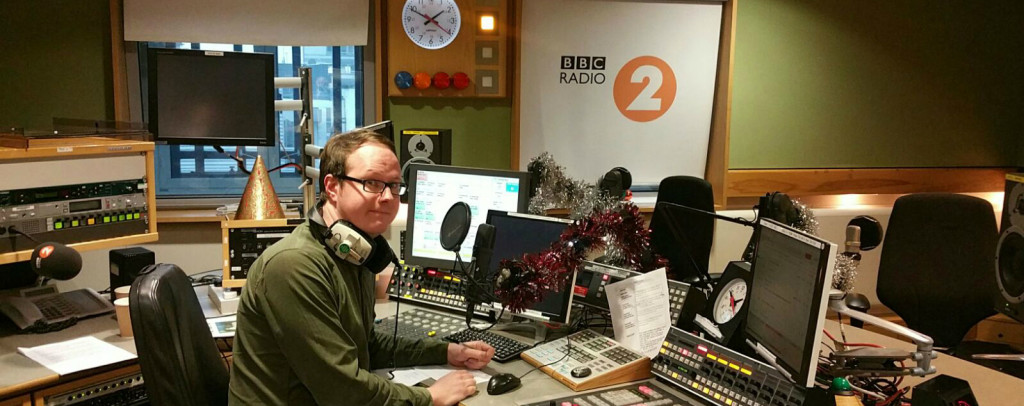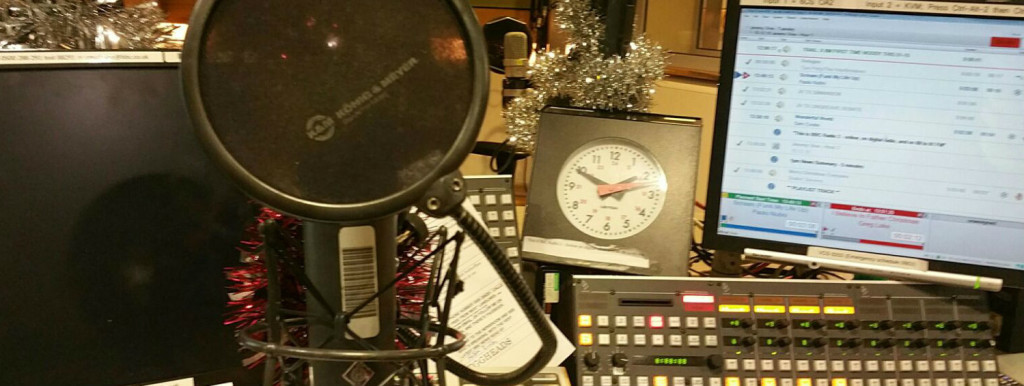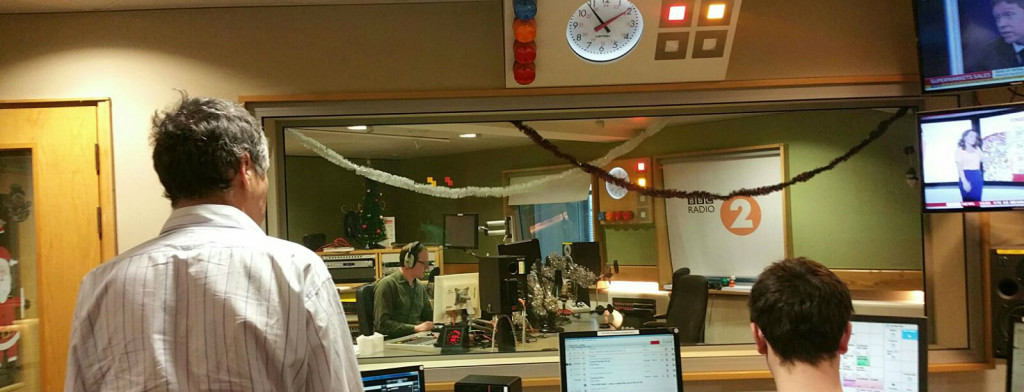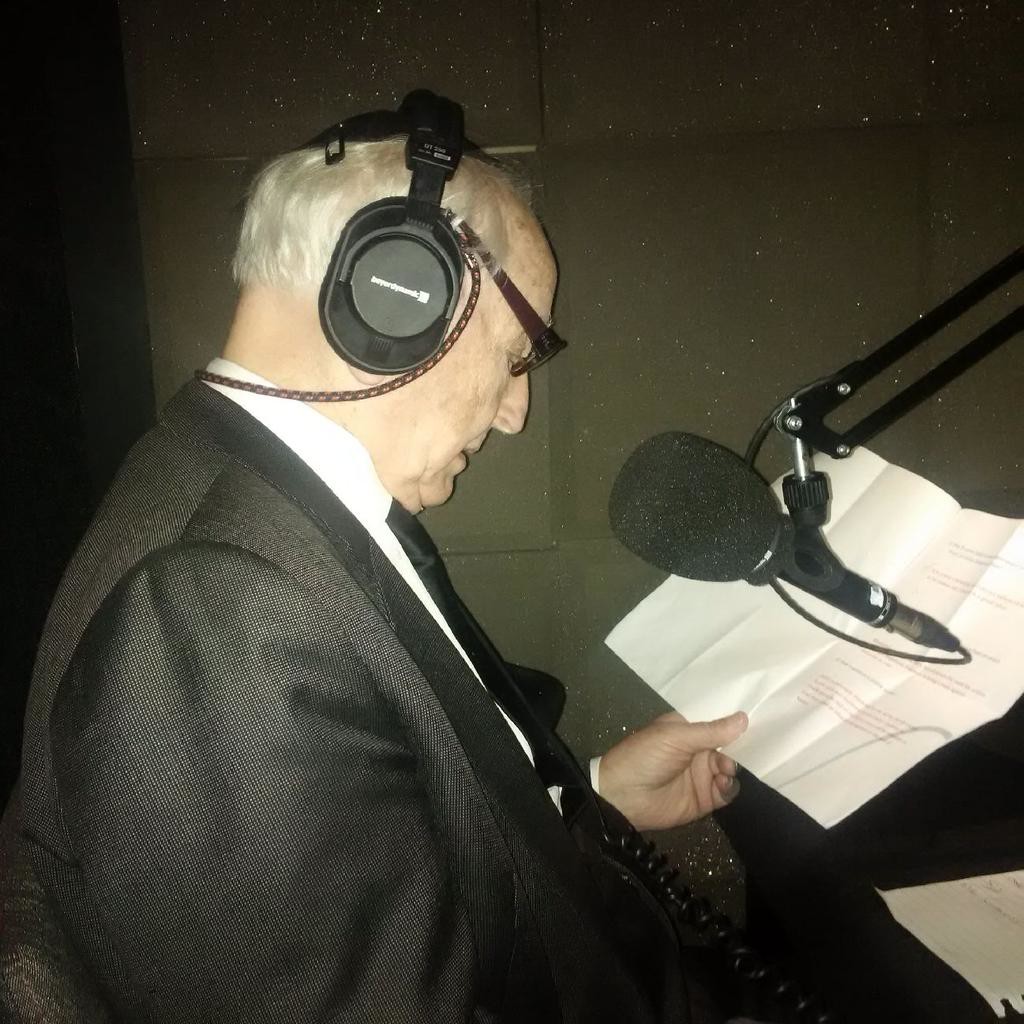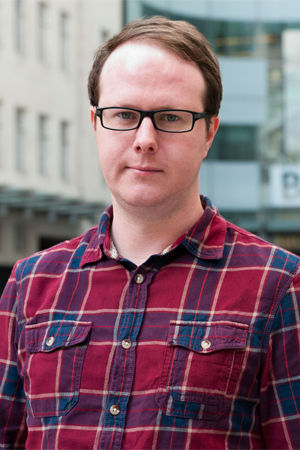Every radio programme has its own policy on whether guests MUST be ‘in quality’ (that is in a studio, or recorded somehow with a good microphone) or whether it’s ok to just have them on the end of a phone line.
The assumption is that ‘quality’ is better. And all things being equal, of course it is. A conversation between two people face to face in good quality is clearly the best of all. However, I worry that some outlets too readily disregard guests who are only available on the phone because of blanket policies which demand ‘quality’.
Of course there’s Skype and Facetime and a myriad of other VoIP options too. More on that in a bit. But how much does ‘quality’ really matter?
Context is everything
If you’re a Radio 4 news programme people expect a certain ‘quality’ (technically speaking) of overall sound – wall-to-wall guests on phones might not be appropriate. If you’re a local radio journalist constructing a two-minute news bulletin you’ll favour quality, easy-to-hear clips, and you might avoid stuff recorded on the phone where possible.
But for those who have clear rules on achieving quality audio where possible – how strict should those rules be?
And for programmes which are a blend of ‘set piece’ items (where guests are booked in advance) mixed with calls from the public – how important is it that the key guests are ‘in quality’?
In praise of the phone line
Ok I’ll cut to the chase: I’m mainly writing this because sometimes I think we’re too obsessed with ‘quality’.
Don’t get me wrong – faced with two comparable guests I’d always book the one who can be in a studio rather than on the phone. Of course I would. But sometimes you’re covering a story or an event which has specific people at the heart of it. Those specific people are the ones you want on air no matter the quality, and if they can only do the phone the story shouldn’t go in the bin.
Or sometimes certain guests are outstanding at telling the story compared to others. I say booking the best person if only on the phone should always trump a mediocre guest ‘in quality’. A story should never fail to make it on air because the only option is the phone.
Did you listen to the podcasts Serial or S-Town? They are incredible. Just think about how much they rely on recordings of phone conversations and how, compared to the utterly compelling stories they tell, that simply doesn’t matter.
A word on Skype, Facetime and other VoIP thingies
These are (sometimes) amazing ways to get guests on the radio using quality audio from anywhere in the world with little effort. I don’t question the enormous value of this. Reporters can be live from around the globe in perfect quality.
Here’s the BUT. I also think they’re overrated. Radio listeners over a certain age (let’s say 30) are incredibly accustomed to the sound of a phone line. More accustomed to that than a Skype call glitching. The latter is painful and – more importantly – distracting to listen to. When it works it’s brilliant but it so often doesn’t, and it’s amazing how many interviews are ruined on big national networks because of this technology not being 100% stable.
When I book a reporter to come on Radio 2 and they suggest Skype/Facetime/Luci/ipDTL instead of a phone line I say: “if the last ten broadcasts you did using that method worked seamlessly then yes let’s do that” and their response is usually “…ok, let’s do it on the phone”.
Ditch strict rules on ‘quality’
My main thought is this: I’m really against any hard-and-fast rules about whether a certain timeslot or lead story MUST only have guests in quality. It just doesn’t make sense. If the Queen phones up and says she’s willing to do an impromptu live phone interview are you going to turn her down because she not ‘in quality’? No. Exceptions need to be made.
If you’re doing a story about a dog which backflipped over the moon you’ll want to book the dog’s owner on a mobile phone* live from the moon rather than a local canine expert in the studio.
If your lead item is about a local woman who broke a speed record riding a pogo stick through town you want her on a mobile phone live from a pogo stick rather than a pogo stick expert in the studio.
(Of course in both instances you might book both.)
If you have a choice of equally-good expert guests, you’ll always book the one who can make it to a studio. But to disregard the right guest because of a hard-and-fast rule (eg. ‘the first guest on the lead item at a certain time must ALWAYS be in quality’) means you’re in line to make radio which is more boring than it otherwise might be.
*Mobile phones can be fine
I know some programmes have a ‘no mobile phones on air’ diktat which, these days, rules out a lot of the best guests. It’s easy to chat ahead of time with your guest on their mobile and check the phone and signal is good. If so – do it. Take the risk and use the time saved obsessing over quality to do something creative with your radio programme.
In conclusion: more phone!
(Well actually…less phone, more studio, would be better. Don’t get me wrong. I’m not about to stop insisting to MPs that they head to a quality studio for serious political discussions. And in fact it’s become a chore to tell regular contributors that Skype simply isn’t as good as a ‘proper’ studio. Studios remain the best option. ISDN technology should have been bettered by now but…it quite simply hasn’t.)
I’m not about to turn down Dame Judi Dench as a guest because she can only ‘do the phone’ or a bloke who controversially wants a zipwire over a beautiful lake because he can only be on a mobile phone rather than in a studio. (And hey, maybe he could zipwire live on air if he’s on a phone!).
When you need to: embrace the phone line. Never let it get in the way of the right guest.










